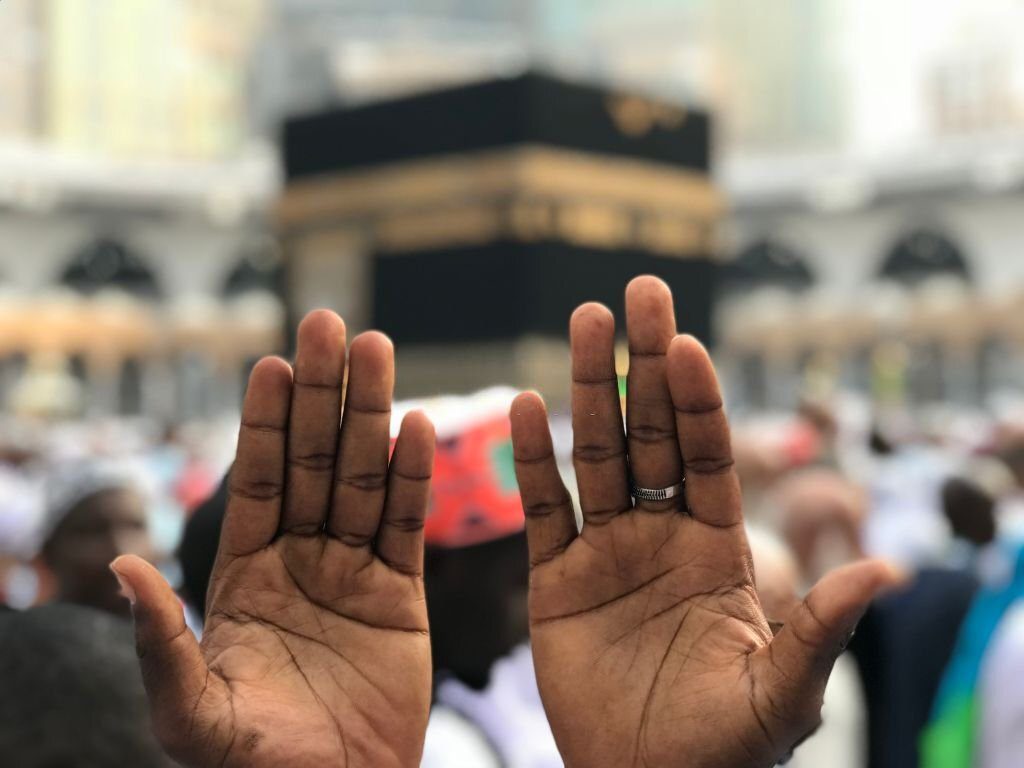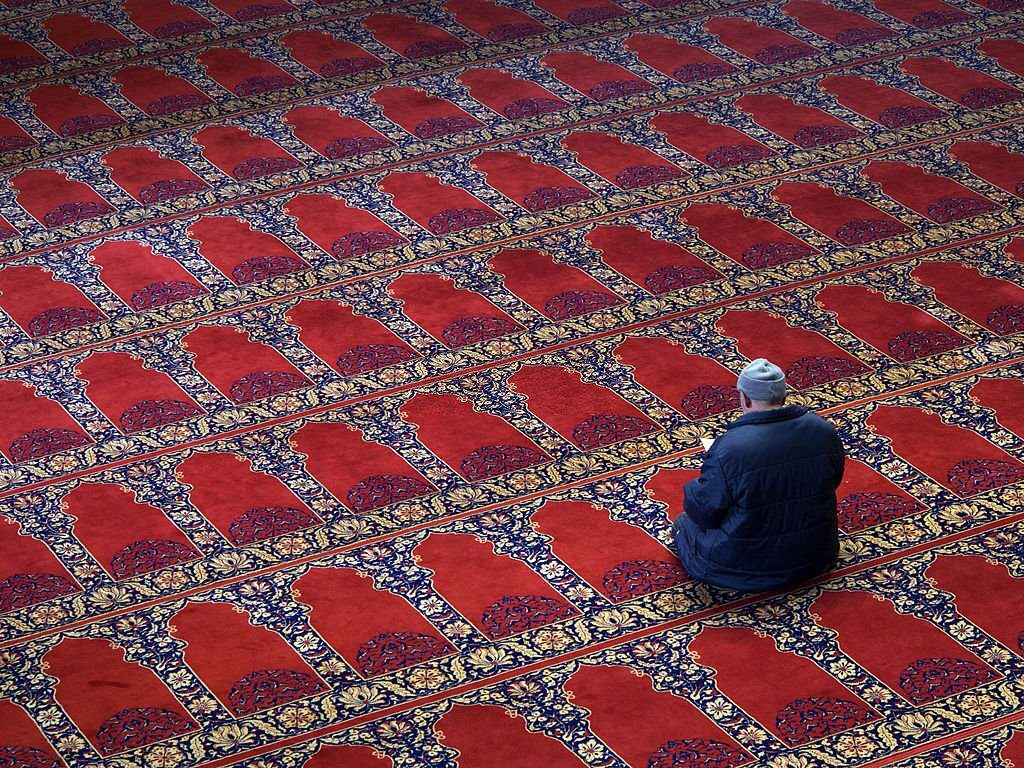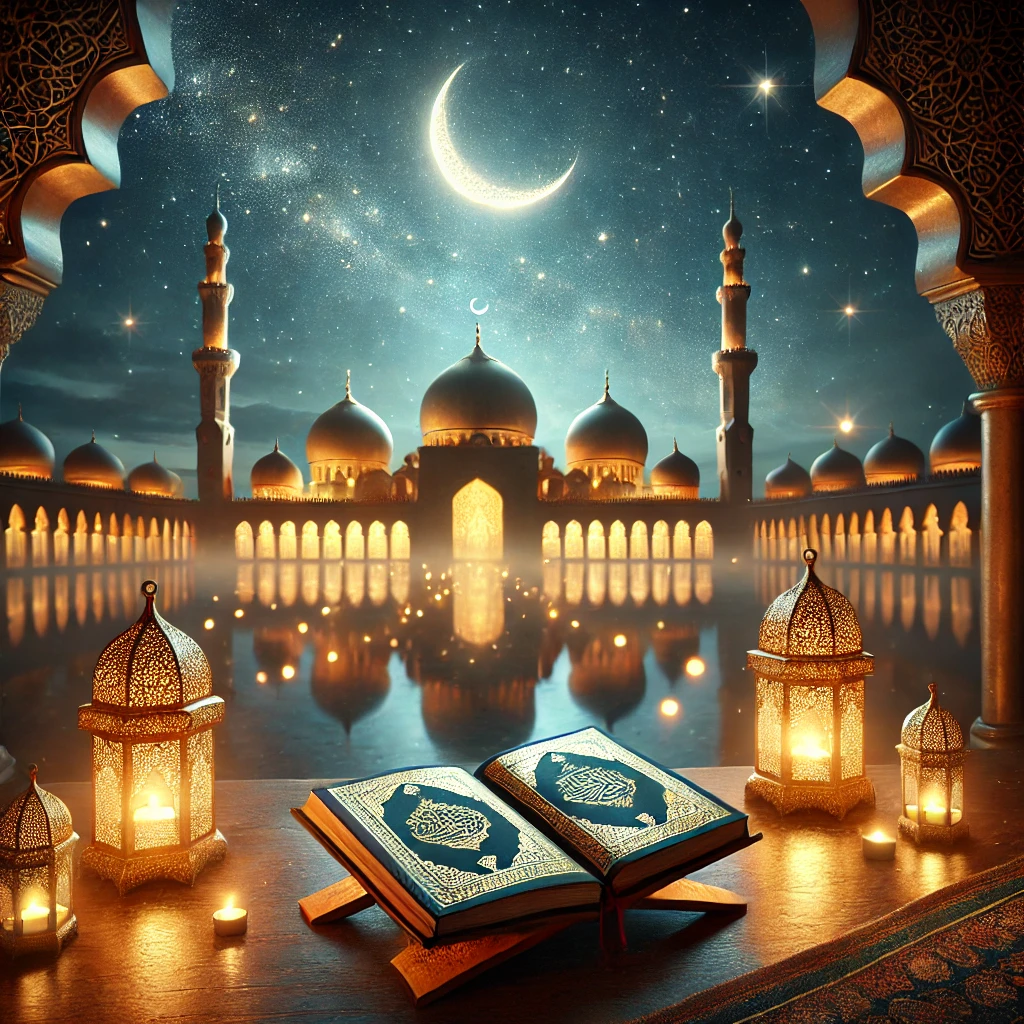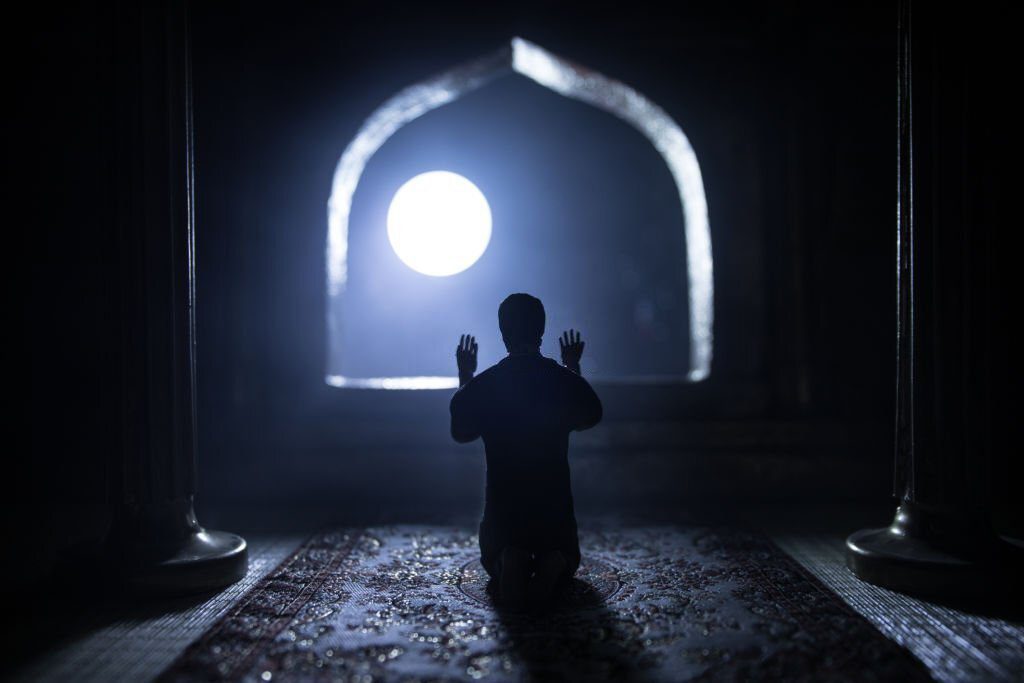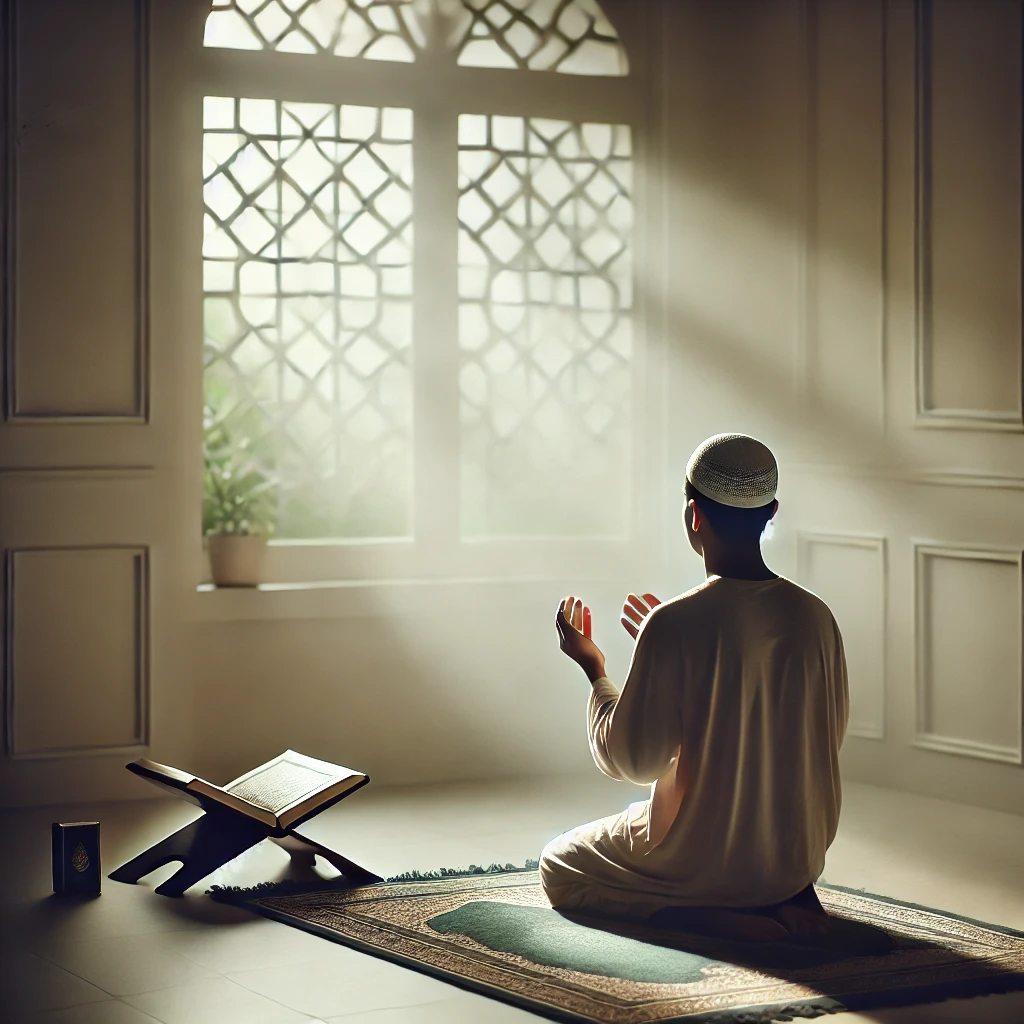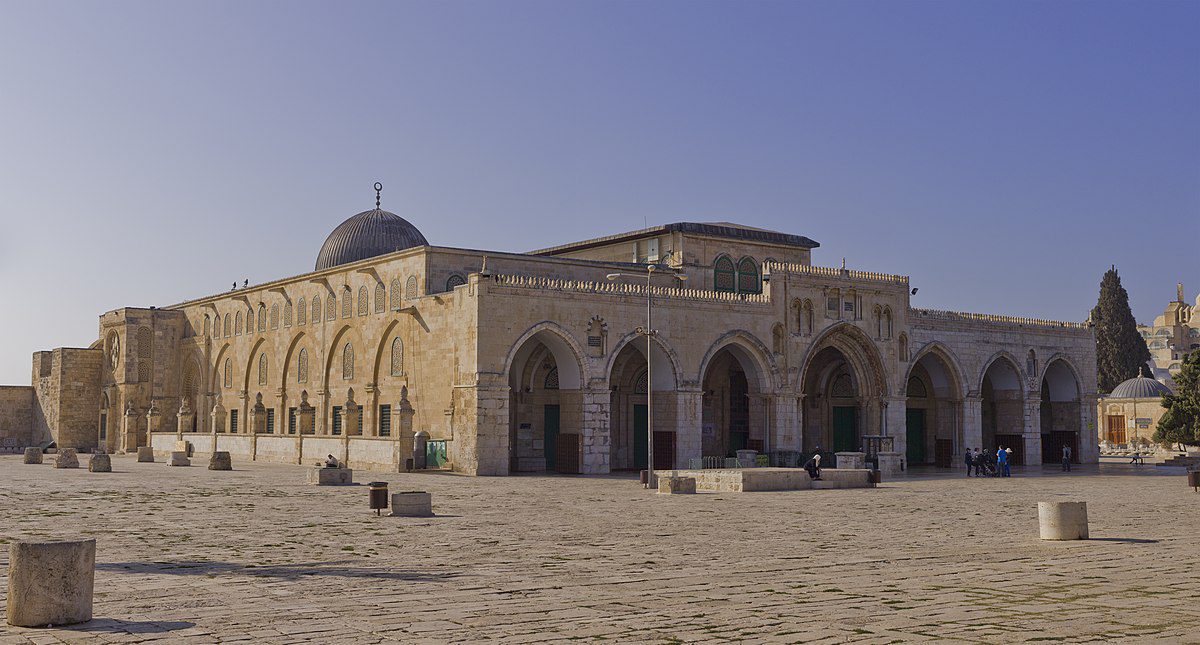In Arabic, pilgrimage or hajj means aim, destination or purpose. It is the ultimate pilgrimage that demonstrates submission (‘ubudiyah), to God. It is the ultimate destination where you can turn with your body and heart to the House of God – the Ka’bah.
God invites you to His House which He calls the Bayt al-‘Atiq. This is the ancient, liberated, and liberating House. Your body will leave its physical home to travel to God’s House. This is because your heart will be free from the lower self, the shaytan and the world and begin to seek God.
Makkah and the Kaaba
Hajj, one of five pillars that Islam is central to Muslim belief is the pilgrimage that every Muslim must make to Mecca at least once in their lives. It is the most spiritual experience that a Muslim has, and it involves performing rituals in some of the most sacred places of Islam. Mecca is the place where the Prophet Muhammad was born. It is home to the Ka’ba, the holy site of Islam. It is an important spiritual site for Muslims around the world. It is the heart and soul of Islam.
The Ka’ba is located in the center of Mecca’s sanctuary. It is a cube-shaped structure that Muslims believe was built and owned by Abraham and his son Ishmael. The first revelations of the Prophet Muhammad were received in Mecca in the 7th century. The city is considered the spiritual center and heart of Islam. Hajj has been a powerful religious endeavor that draws Muslims from all walks of the globe, regardless of their nationality or sect.
Makkah was a major pilgrimage site for the Arab tribes in north and central Arabia before Islam. They believed in many gods, but they only came to Mecca once a year for worship of Allah. This holy month was when violence was prohibited in Mecca, which allowed for trade to thrive. Mecca was a major commercial center. The Prophet Muhammad’s revelation of Islam (d. 632) brought back the ancient religion of One God to the Arab people, and made Mecca the holiest city of the Islamic world.
Hajj is the Journey of a Lifetime
Accepted pilgrimages are rewarded with the purity and forgiveness of a newborn baby. There is no greater incentive than this! The pilgrimage is a highly selective process. Only a handful of people will be able to make the accepted pilgrimage. This is a correct pilgrimage that honors God without disobedience or indulgence in argumentation. Prepare. Be vigilant. Stay focused. This will be the most rewarding and satisfying struggle of your entire life. You may never be able to return, even though you will wish for it all your life.
You will be journeying from your earthly house to Makkah, your spiritual home, the most beloved place to God in all of space and time. God Himself has decreed it to be so since the beginning of creation. There is no place more blessed, more beautiful, more virtuous, more exalted than Makkah. Every inch and every corner of Makkah is a sanctuary made sacred by God. The more you revere Makkah, the more you will be ennobled by God. We must take the greatest of care to never think casually of our sojourn in Makkah or live within its precincts in disobedience or negligence.
Some reports teach that it was in Makkah that our father Ādam (‘alayhi al-salām) longed to go back to paradise and be in the presence of God. To console his loneliness, God commanded him to circumambulate around the space of the current Ka‘bah. And Ādam did, and felt whole again.
Other texts tell us that Abraham (‘alayhi al–salam), Noah (‘alayhi al–salam), as well as many Prophets (‘alayhim al–salam), circumambulated around God’s holy House. Their legacy and spiritual energy fill the air.
You will follow in the footsteps and honor of the Messenger of Allah, peace be upon him and his noble Companions (peace, blessings and peace be upon them).
The Peace and Serenity of Hajj and the Pilgrimage
God and His Messenger describe the pilgrimage and its rites in a variety of powerful ways (peace, blessings be upon them). These descriptions give us insight into its deeper meaning. For example, the rites of pilgrimage can be described as manasik (masha’ir) and mashahid (mashahid).
Mansak (plural manāsik), usually translated as ritual, connotes shelter (maskan) and tranquility (sukūn). The rites of pilgrimage are residences of shelter and tranquility for the heart.
Mash‘ar (plural mashā‘ir) connotes feeling and experience. The rites of pilgrimage cause the heart to feel and experience the sweetness of nearness to God.
Mashad (plural mashāhid) is to witness with the heart the blessings of God at every station.
Each word connotes a different inner dimension of pilgrimage, as the movement, not only of your body or limbs, but of your heart. For as your body journeys from one place to another, so too must your heart travel through various stations (maqāmāt), each of which will provide it with shelter, solace and inner sight.
Following the Angels
Pilgrimage allows you to follow the example of the angels and live in the joy of an angel’s presence.
You will mirror the worship of angels by circumambulating. These heavenly creatures are made of pure light and worship God. Texts tell us that the Kabah is inextricably connected to the heavenly Kabah of angels, which is constantly in circumambulation. Seventy thousand angels circumambulate around the house, and are then replaced by others. They never cease their worship.
We are in a heavenly dimension around the Ka’bah. The black stone is located near the Ka’bah, as well as the place where the Prophet Abraham stood. Both gems are from Jannah. According to the Bible, the stone was stained by the sins and transgressions committed by man. Its heavenly light has been removed from us. God will make the stone a witness for those who have approached it honestly and with sincerity. The stone can be said to take a picture of your heart as you stand before it. Kissing the stone was an act done by the Prophet Muhammad and so today you find many that perform the same action.
May our hearts find rest in God’s presence long after we have returned from pilgrimage.
Source: What is Pilgrimage?
